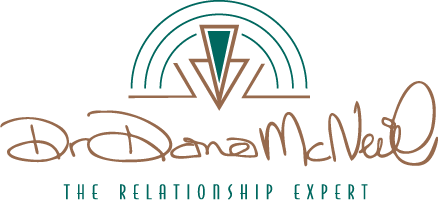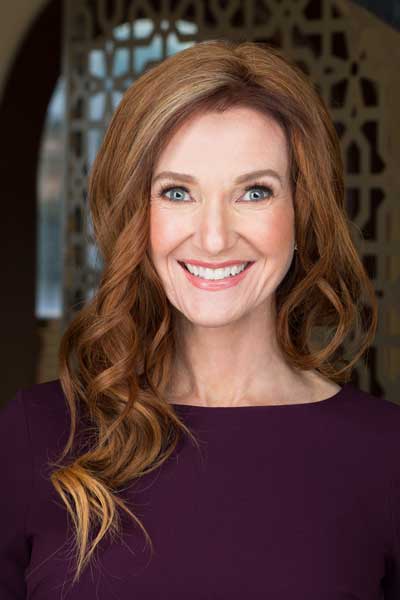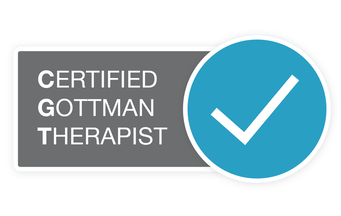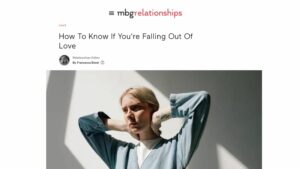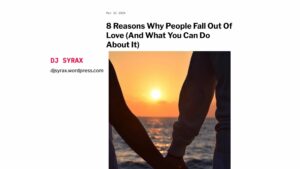Are you suffering from health anxiety due to COVID-19?
If you find yourself able to spout off all of the current infection rates, know by heart all of the color-coded tier classification systems, and have hand sanitizer velcroed to your belt, then it’s possible you may have developed a health anxiety. Fear of returning to the work world even after all vaccinations have been distributed and numbers are significantly lower is also a sign you potentially are experiencing distress that is out of proportion for the situation.
I was recently interviewed by Nicole Pajer for a HuffPost article titled “11 Sneaky Signs You Have Health Anxiety Because of the COVID-19 Pandemic” in which we discussed various signs and how to deal with them.
Here are a few of the signs and tips I shared with her.
Knowing all the current infection rates, death toll, etc.:
This demonstrates you are obsessing over the stats and are frequently checking instead of enjoying other areas of your life. Stop consuming so much media. There is an old saying that what you input is what you get back. If you fill your mind with doom and gloom, then you shouldn’t be surprised that you aren’t as able to remain positive and optimistic.
Start limiting how much you let yourself watch the news or check your feed for updated stories. Allow yourself to catch up on the news one time per day, and then make a pledge not to look at it again until the next day. Make a point of adding in positive affirmations about what is going well in your life and what you are grateful for. The situation will not have a major change overnight, but you are actively pursuing the art of perspective.
Overusing hand sanitizer and other disinfectants:
There is nothing wrong with taking safety precautions, but when you are dousing yourself and your groceries in disinfectant, it demonstrates you don’t trust the advice from experts and are being overly cautious.
You need to regain the ability to see that when you apply situationally responsible precautions you will regain thinking that allows for the belief that you also have a high probability that nothing catastrophic will happen.
Fear of returning to work:
If there is fear of returning to work even after all vaccinations have been distributed and numbers are significantly lower, it’s a sign you are potentially experiencing distress that is out of proportion for the situation.
Increase self-care by scheduling and prioritizing downtime where you disconnect from all demands of your energy, time, or emotional burdens. Create spaces that feel inspiring, are emotionally soothing, and allow for creativity, relaxation, and a break from the demands of your nervous system so you can start to rebalance and create more emotional stability.
Believing everyone you know and love will die from the virus:
There is a belief here that the worst will happen instead of applying the scientific data and knowing that people are taking the proper precautions to prevent infection. Having a debilitating fear of doing an activity and only being able to envision a catastrophic outcome from performing the activity is a sign that you have heightened anxiety.
Challenge your thoughts and regains some perspective. Ask yourself, “Is it true if I go to the store that I will catch Covid and die?” Then check yourself to see if you have responses that are not based on reality. Yes, you have the potential to get Covid at the store, and yes, you do have the potential to die.
However, you also have the potential that you will just go to the store, come home, and go about your day. You don’t need to live in the world treating yourself as if your worst-case scenario has already happened. You are punishing yourself with unnecessary pain now and stripping yourself of the ability to be present in the moment so that you can take necessary precautions or to have your wits around you as you enter a potentially unsafe situation.
Get a COVID test regularly at any sign of a sniffle and/or Google history shows multiple COVID symptom searches:
While people have experienced a variety of symptoms, the World Health Organization (WHO) and the Centers for Disease Control (CDC) have been able to eliminate or narrow down the symptoms to help the public better understand them. Getting tested regularly and/or Googling symptoms often again shows a preoccupation with COVID rather than living life to the fullest.
Walk away from the computer. Distract yourself or find other hobbies to enjoy. Find ways to bring your mind back into being present in your day. The point is to shift the focus to something productive and focus on something positive you have control over.
You break out in hives or skin irritation:
You are experiencing a high level of stress that is impacting your physical health.
Barring any other medical condition that better explains the skin condition, consider if you are over-focused on a potential catastrophe scenario.
Having problems getting to sleep, staying asleep, or waking up early in the morning without being able to fall back to sleep:
You are so anxious that you are setting off large doses of cortisol and other chemicals in the body that you are impacting your sleep cycles.
Make a point to cut back on electronics such as ipads and cell phones for two hours prior to your intended sleep time. Try to get to bed on a regular schedule to help your circadian rhythm regulate and anticipate sleep mode. Also, consider using a meditation app to help you achieve full body muscle relaxation to help get your body prepared for rest.
Our bodies are sensitive to the chemicals we release when we are stressed out or feeling anxious. Those chemicals often need focused attention to relax and reduce the impact of the chemicals in our blood stream. When we stay engaged in thinking about the stressors we evaluate happening in our life, our bodies will be unable to reach a deep R.E.M. sleep and will cause us to toss, turn, or elude sleep altogether.
The lights from our computers and cell phones emulate lights produced during daylight hours and can trick our brain into thinking it’s waking time and mess with our sleep stages.
Life itself is inherently full of risks, you can get hit by a car or suffer a dog bite just walking out the door. When you are no longer able to have perspective about the fact that you have always been faced with the possibility of getting a virus or being exposed to a contagious illness, then you need to consider this a sign that your thinking is out of balance.
Having a debilitating fear of doing an activity and only being able to envision a catastrophic outcome from performing the activity is a sign that you have heightened anxiety.
Not unlike the ways in which a hypochondriac fears the potential risks lurking around every corner, many clients may be creating a sense of doom not only about developing Covid, but also about the state of the world because of the current situations we are in.
Because of the stress we are all under with the current state of our world from politics to our financial worries and the potential of contacting Covid, many of us are existing in a perpetual state of fight, flight, or freeze that drains us of our energy to think rationally. Because fight, flight, or freeze is a biological function to keep us safe, we are busy fighting off all of the potential threats without the cognitive ability to make rational decisions or hold as much perspective,
We are spending so much time in a state of overwhelm. It is more difficult to think rationally and evaluate potential hazards in perspective when we are constantly in a state of panic and arousal. As a result, we are starting to perceive anything that is uncomfortable or challenging as something to be fearful of versus a challenge that is able to be navigated and can build resilience.
If you are experiencing any of these or other signs of anxiety, therapy can be a great help. You don’t have to deal with all of this on your own. Find a therapist today who can give you tools to help you deal with your anxiety.
You can read the entire HuffPost article here.
